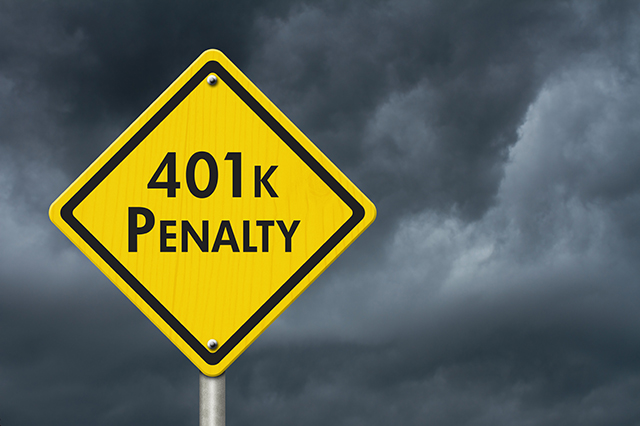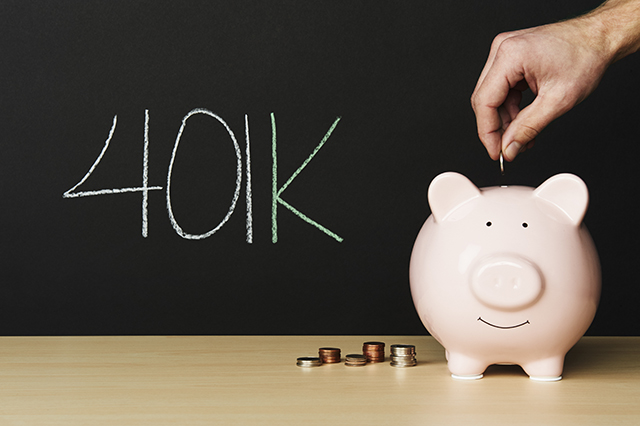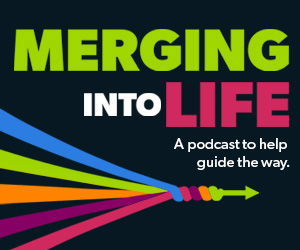Are you considering cashing out your 401k? Maybe you’re switching jobs and you’ve got some big expenses coming up. With cash from your old 401k freed up, you could pay off debt, buy a new vehicle or take the vacation you’ve been dreaming of.
Sound amazing? It turns out things are a little more complicated.
Though your 401k may seem like the perfect solution, early 401k withdrawals are almost never a good idea. Today we’re sharing what you really need to know about cashing out your 401k, plus some alternative solutions to consider.
Ground rules for a 401k withdrawal
When you leave an employer, you are technically allowed to cash out your old 401k at any time.
You are not allowed to make 401k withdrawals from your current employer’s 401k plan, unless the plan allows you to take out a 401k loan or make “financial hardship” withdrawals. (More on those later.)
Here’s what happens when you cash out your 401k
First, let’s take a look at the financial ramifications of an early 401k withdrawal. Say you’ve changed jobs, your old 401k account contains $10,000 and you’re considering cashing out.
If you’re under age 59 ½, your cash-out is considered an “early 401k withdrawal” and you’ll be automatically charged a 10 percent penalty. Your employer is also required to withhold 20 percent to go towards taxes, and depending on your tax bracket you may owe taxes on top of that 20 percent. (Plus, if your cash out boosts you into a different income bracket, you’ll be paying higher taxes on your entire income.)
Ultimately you’ll be paying around $4,000 to get your hands on just $6,000 of your original $10,000 account.
And the worst part may actually be what you’ve lost in potential earnings. If you left your $10,000 to grow at 5 percent, in 20 years you would have close to $27,000, and in 30 years it would have quadrupled into $43,000.
The larger your 401k withdrawal, the greater your loss. If you’re cashing out $50,000, you will only receive around $28,000 after taxes and fees. With 5 percent growth, you could have had $81,000 in 10 years, $132,000 in 20, and $216,000 in 30 years. There’s a reason it’s so difficult to make early withdrawals from your 401k—the magic of compound interest can only happen if your money has time to grow.
Still wondering how much you stand to lose? Run your own numbers with this handy calculator from Wells Fargo.

Borrowing from your 401k
Depending on your plan, you may also have the option of taking out a loan of up to 50 percent (max $50,000) of your current 401k balance.
Borrowing from your 401k allows you to forego paying the income tax and 10 percent penalty required for early 401k withdrawals. However, you’re still derailing your retirement savings and losing the gains you would have had from your investments.
You’ll have 5 years to pay back the loan with interest (or longer if you’re buying a home), but if you’re fired or quit your job you’ll be required to pay back the loan in full within 60 days (or be subject to income taxes and the 10 percent penalty).
Qualifying for a hardship withdrawal
In certain extenuating circumstances, you may be allowed to take “financial hardship” withdrawals from your current 401k if you can prove you have no other financial alternatives.
Qualifying reasons include permanent disability, medical expenses, funeral costs, purchasing a principal residence, preventing foreclosure or eviction from your home, and paying for education.
You will still pay income taxes on withdrawals, but the 10 percent penalty is waived in more extreme cases. Check with your HR department to find out if your plan allows for hardship withdrawals and whether you’re eligible.
Better alternatives to 401k withdrawals
In the vast majority of circumstances, cashing out your 401k investments is a poor financial decision. It hurts you now (in taxes and fees), and hurts your future by reducing your retirement savings. (And definitely think twice if you’re cashing out to pay debt—401ks are creditor-protected and are safe from claims if you declare bankruptcy!)
Chances are you have better solutions available to you. If you own your home, consider taking out a home equity loan instead. These are typically easy to qualify for, have low-interest rates and can provide a large amount of cash.
Depending on your needs and circumstances, you can also explore:
- Selling other investments
- Withdrawing from a savings account, CD, or IRA
- Taking out a personal loan
- Borrowing from a cash-value life insurance policy
Thinking of cashing out your 401k? Which of these alternative options will you explore? Tell us in the comments below!
To find out how AAA can help you save for all sorts of life changes and milestones, visit AAA.com/Financial and AAA.com/Insurance.
One Thought on “Early 401k Withdrawal Explained”
Leave A Comment
Comments are subject to moderation and may or may not be published at the editor’s discretion. Only comments that are relevant to the article and add value to the Your AAA community will be considered. Comments may be edited for clarity and length.

















(I may be wrong as I was 55, 15 years ago and retired at age 57 1/2 but did not take withdrawals until age 61 but) I seem to recall that early withdrawal penalties DID NOT APPLY if one left employment in the year one turned 55 or subsequently. (Of course e.g., if one left at age 53 and took money out at age 57 penalties would apply.)